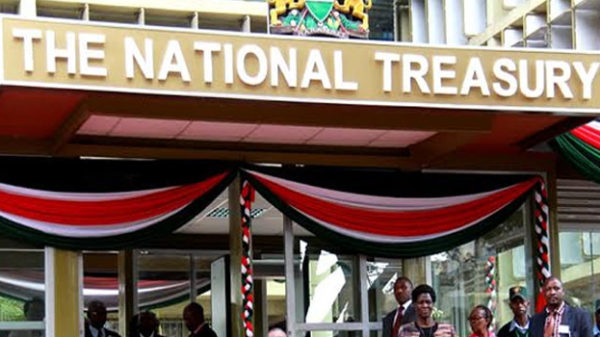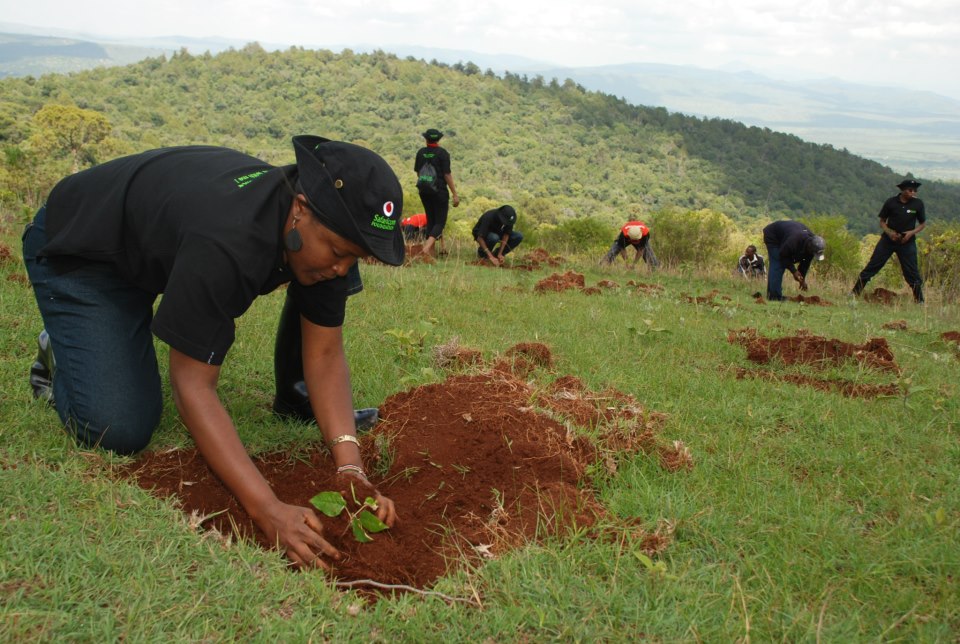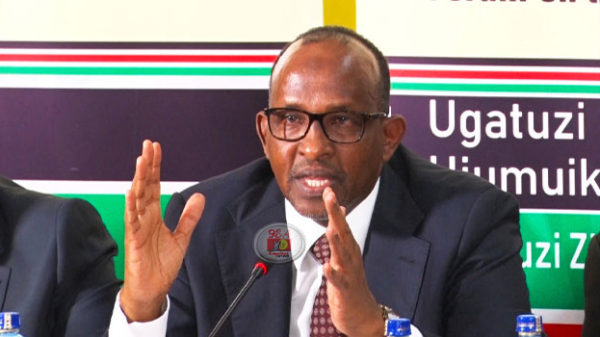NAIROBI, Kenya, Jul 1 – A new Oxfam report is urging this week\’s African Union Summit in Sirte, Libya to produce urgent and radical steps to reform agricultural policy on the continent, with food crisis and hunger in Africa set to increase in the face of the global economic and climate change crises.
The report warned on Wednesday that failure to invest in African agriculture is leaving millions hungry.
In its latest report, ‘Investing in Poor Farmers Pays: Rethinking How to Invest in Agriculture’, released on the eve of the summit, Oxfam said more and wiser investment in small-scale agriculture is needed.
Desire Assogbavi, Oxfam\’s Senior Africa Policy Analyst said: "One in three Africans is now affected by food crisis. Investing in agriculture is part of the long-term solution to the food, financial and climate crises."
"The economic collapse is changing the way that people suffer from hunger – food is available but it simply costs too much for millions of people to afford. AU leaders must commit to more investment in small-scale African agriculture to break the current dependency on the global market."
The report warned that under-investment and bad agricultural policies by the African governments and international donors have exacerbated chronic poverty and hunger for tens of millions of Africans.
It said about 60 percent of all Africans live in rural agricultural areas, while the urban poor are also increasingly facing food crises and malnutrition.
Oxfam said local communities must have a greater say in shaping the policies that affect their lives if real change is to occur.
The report further calls on the African governments to meet the commitments they made at the 2003 AU Summit in Maputo to allocate a minimum of 10 percent of national budgets for agriculture, and more for rural development.
“Only seven countries have since reached this target. Most African governments are averaging only about 4.5 percent. Yet investing in agriculture pays for itself by reducing poverty, reducing dependency and stimulating local markets,” read the report.
The organisation said international donors have failed to live up to their commitments to poor African farmers.
Just over $1 billion of the $12 billion dollars that donors committed last year to help poor countries cope with the global food crisis has so far reached the ground.
Bad donor policies, such as forced liberalisation of local markets and support for large-scale agricultural projects instead of small-scale community farmers, have also undermined African agriculture.
"For decades, our own governments and the international community have repeatedly neglected and under-invested in agriculture and rural development. Many farmers work in harsh, remote environments with inadequate access to markets and basic services such as water, land, healthcare and education."
Oxfam\’s report argued that additional investment must also be spent more wisely. Climate change is one of the biggest long-term challenges facing Africa, with decertification and drought devastating many rural areas.
Community farmers manage some of the most degraded and fragile lands, and effective investment must aim to promote environmental sustainability. Marginalised and impoverished areas also need particular support.
"Women play a vital role in the agricultural economy yet are hampered from reaching full potential by low rates of literacy, nutrition and civil rights, and the impact of HIV/AIDS. Securing land rights for women and empowering women farmers would mark a major step forward."
































